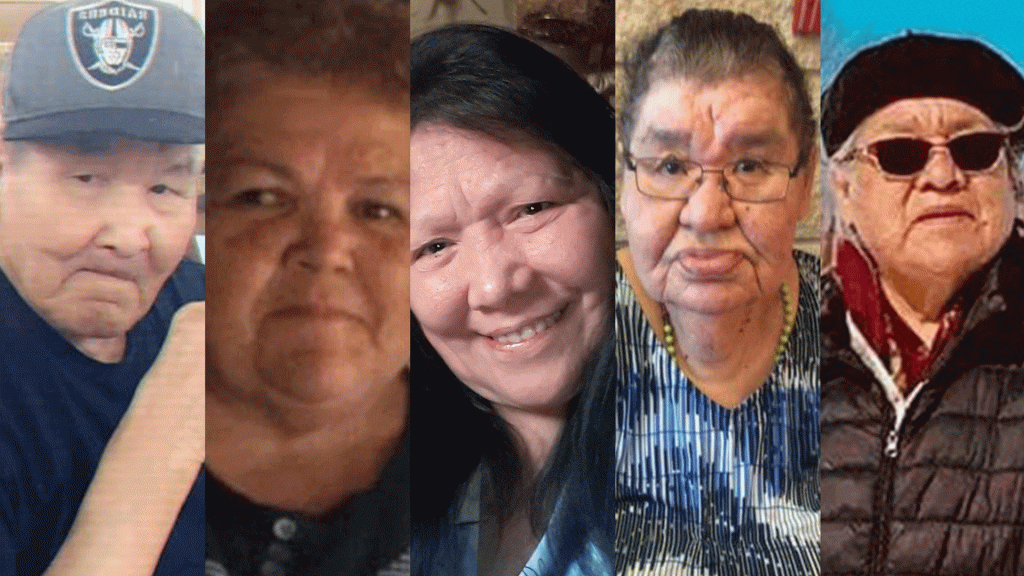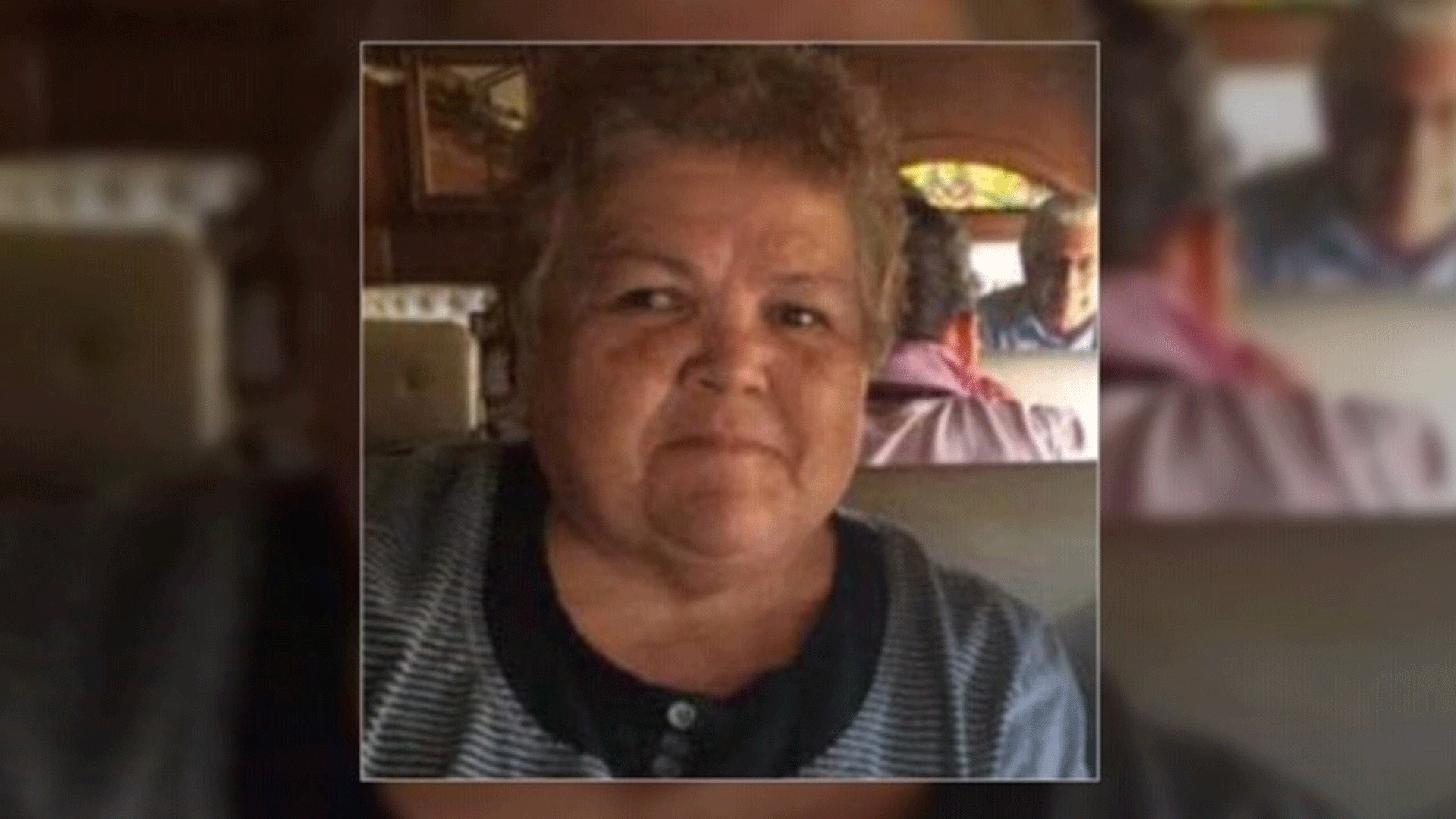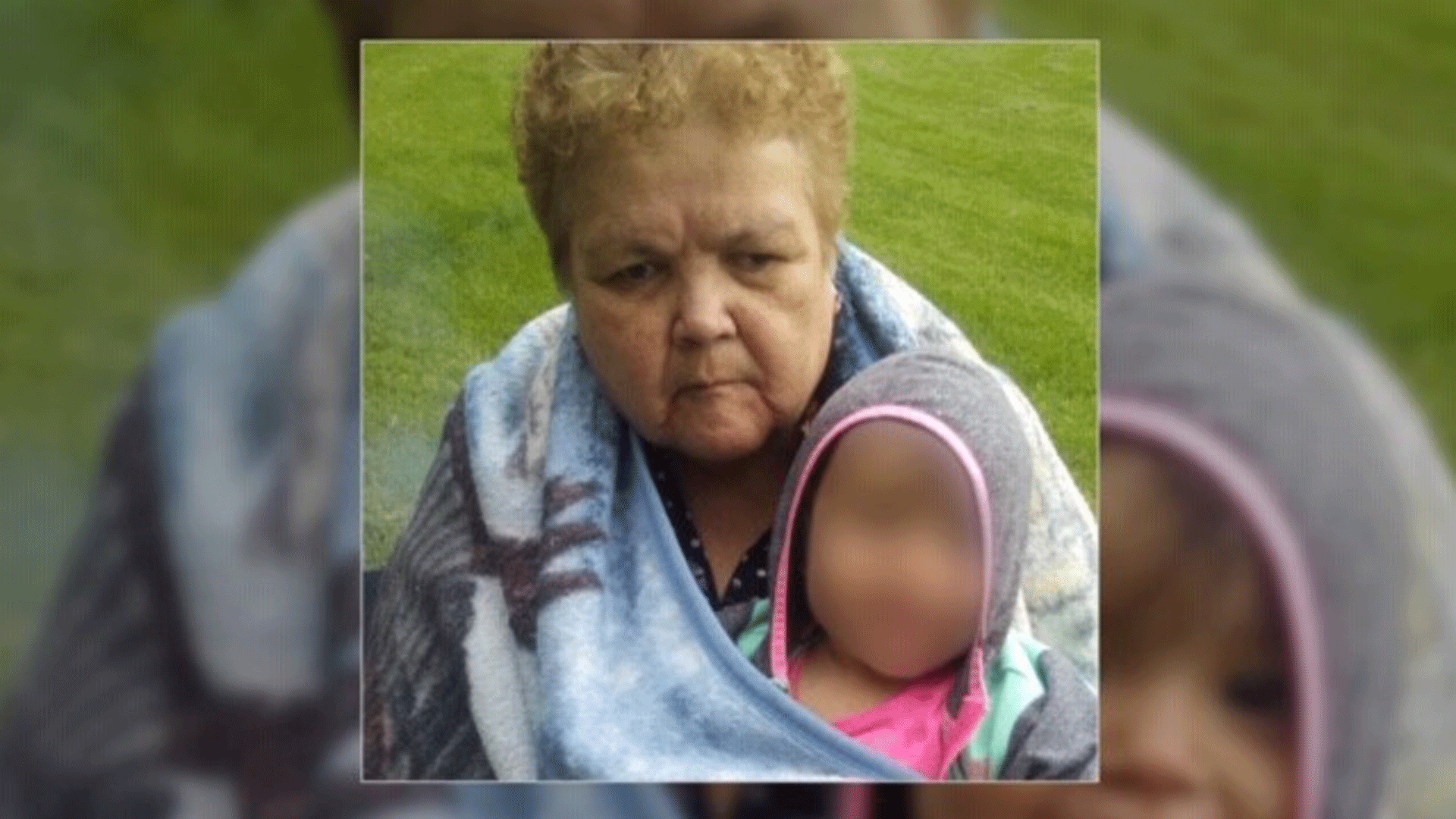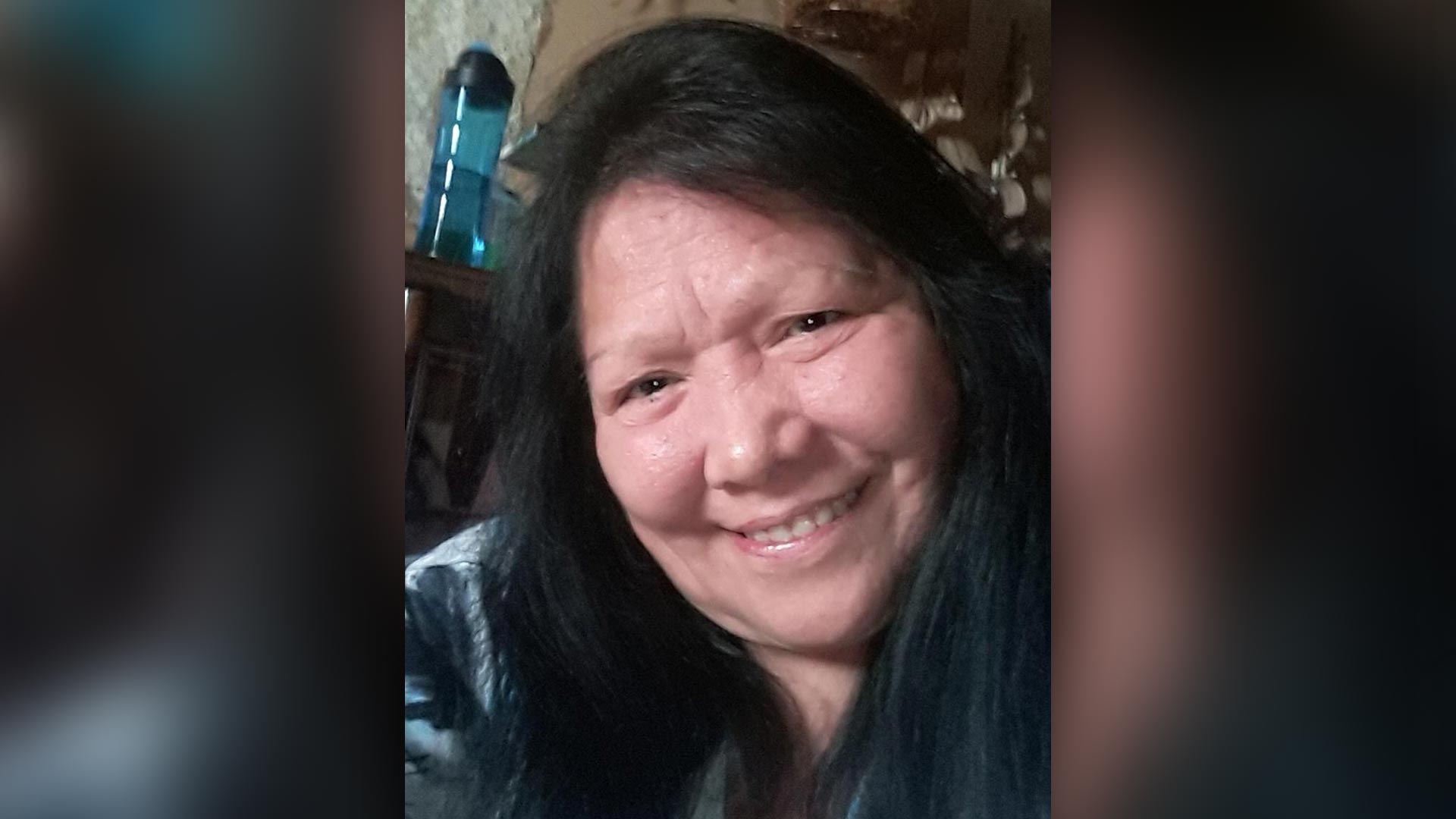
Those who passed are remembered lovingly by children and grandchildren. Photo: APTN
Grief is not a number. Loss is not a statistic.
Each death leaves dozens saddled with heartache – the immeasurable heartache of COVID-19.
Almost 7,000 people across the country have died after contracting the novel coronavirus. The global number of deaths is over 350,000.
Parents, children, aunties, uncles, cousins, friends, neighbours.
Families, communities, territories, nations – the world mourns a staggering loss of life.
Here are some of the names and faces of First Nations and Metis people in Canada whose life COVID-19 claimed before their time. No Inuk, as far as APTN News knows, has died from the disease.

Emma Trapper
The Cree Nation of Eeyou Istchee lost Emma Trapper, 76, on May 4.
She lived in a long-term care facility but was originally from Mistissini in northern Quebec.
Her children remember her as “a mother, grandmother and great grandmother. A religious woman who had a contagious laughter when she was filled with the Holy Spirit,” Grand Chief Abel Bosum shared on social media.

“We have lost a dear Elder,” he added. “Mrs. Emma Trapper was one of us and we can now only join the family in mourning her passing.”
She was the first confirmed First Nations, Inuit or Metis person to die from COVID-19 in Quebec.

Joseph Pierre Sylvestre
Joseph Pierre (Bannock) Sylvestre, 83, tested positive on April 16 in a La Loche long-term care facility.
Officials declared an outbreak a day later.
But still, numbers were low in northwestern Saskatchewan, a region whose population one health authority told APTN is 85 per cent First Nations and Metis.
Complications arising from COVID-19 claimed Sylvestre’s life in a North Battleford, Sask., hospital 10 days later.
“We can only imagine your pain at his loss especially during these difficult times with COVID-19 threatening us all and interfering with normal grieving processes,” La Loche village shared to Facebook.
Confirmed cases of the pathogen surged in the northwest.
The region’s MP Gary Vidal soon raised alarm bells in the nation’s capital, calling the “very dangerous situation” around La Loche “the most concerning outbreak of COVID-19 in Indigenous communities in Canada.”

Agnes McDonald
La Loche lost its second resident, 85-year-old Agnes McDonald, on April 28.
She was a respected community elder who also lived in the village’s long-term care facility.
Chief Teddy Clark, leader of the Clearwater River Dene Nation adjacent to La Loche, shared his condolences on social media.
“My sincere condolences going out to our late elder Agnes McDonald’s family, my thoughts and prayers are with you all. Rest In Peace elder Agnes,” he wrote.

Nelda Maurice,
Close to a month later on May 25, the northwest grieved for Nelda Maurice, 64, a retired school teacher from the Metis village of Île-à-la-Crosse.
Nelda’s daughter Lana Maurice said her mother got sick around April 26 and was flown south a week later.
“The last time I talked to her was the 5th or 6th, she was messaging me on Facebook because she couldn’t really talk, it was hard for her to talk. Her breathing was kind of laboured,” Lana said.

The outbreak in the region is slowing down. No new cases were reported on May 27.
But the numbers paint a stark picture of dramatic exponential spread in a region which Incident Commander Rick Laliberte told APTN was served by one ventilator prior to the pandemic.
The count rose from zero to 256 between all villages and First Nations in less than two months.

Cindy Mountain
They smile, but tears well up in their eyes as Marilyn and Jaclyn remember their mother Cindy Mountain.
“She’s a heart of gold, carefree, always laughter, always positive,” said Jaclyn.
“She had a loud voice and a big smile,” Marilyn interjected.
Cindy, 59, got sick despite following public health directives.
She stayed home. She washed her hands.
She thought it was a cold. But it worsened.
Then it became critical.
Marilyn and Jaclyn weren’t prepared to see her like that, intubated, machines keeping her alive, critically ill with COVID-19.
On April 24, she died.

She lived in Alert Bay, a village that shares Cormorant Island, a 40-minute ferry ride from the northern tip of Vancouver Island, with two Kwakwaka’wakw First Nations.
She was the first First Nations elder to succumb to the deadly virus in B.C.
The tiny island laboured under an outbreak. Thirty people tested positive out of a population of about 1,500.
The other cases have now recovered.
This list is not comprehensive, as not all deaths have been made public.
In southern Ontario, a community member passed away in both Walpole Island First Nation and Six Nations of the Grand River.
A Constance Lake First Nation member living in Cochrane, Ont., died on April 3. Chiefs of Ontario confirms a second off-reserve death has occurred as well.
These names have not been released.
-With files from Brett Forester, Lindsay Richardson, Priscilla Wolf and Tina House.










